Stop predicting: Know the private pilot oral questions & prepare.
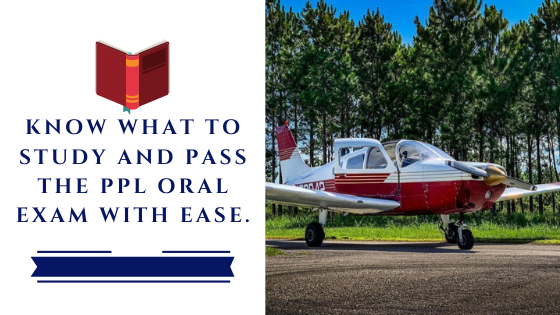
Without preparation, you’ll likely fail your private pilot oral exam. But how do you prepare without knowing the questions?
It’s difficult to know what the Designated Pilot Examiner (DPE) has in store for you. Thus, student pilots are anxious on checkride day and, without confidence, drop the ball on their exams.
Rule no. 1: Be confident during your oral exam. You can confidently convince your DPE that you’re ready to get your private pilot license.
Furthermore, I shared private pilot oral exam questions in this article so that you can prepare and predict what questions you will have to answer on your oral exam.
Depending on your DPE, you can refer to a few books mentioned in this article during your private pilot oral exam.
Avoid memorizing and anticipate the questions to pass your private pilot oral exam.
The private pilot oral exam questions mainly check your reliability as a pilot.
You can get your private pilot license to command flights if you Believe you’re competent in in-flight safety.
I believe the oral exam’s crucial element is to verify you as a Let’spilot.
Let’s begin by understanding which resources contribute more to learning aircraft and airport operation safety.
Two classic books are a must-have to pass your private pilot oral exam and become a safe pilot.
Who can explain the air safety rules better than the FAA publications themselves?
FAR/AIM has listed all the Federal Aviation rules and information on all American airports.
Knowing federal aviation rules and penalties for violations is crucial to maintaining the safety of aircraft and airport operations.
On the other hand, the Private Pilot ACS builds risk management awareness and skills essential for acting as a pilot in command, which is consistent with a private pilot license.
You must have read these if you’re training for a private pilot license. An intelligent student pilot would have these books in their library by now.
Memorizing everything is not the solution. However, pointing out the exact page in the right book is more efficient in becoming a safe, private pilot.
If you read these books thoroughly, you will know where to find the correct answer.
But it doesn’t solve your problem of predicting the questions your DPE has prepared for your big day.
Where do you get the ideas for questions?
For effective studying, use the Airman Certification Standards book as your syllabus.
For your private pilot oral exam, you are not required to learn more than what the Private Pilot ACS indicates.
So, use the ACS and learn the most basic questions you deem necessary.
Our instincts are often right. So follow your instinct to learn the most general and fundamental questions from the ACS.
Emphasize appropriate regulations, procedures, and airport and airspace operations more.
Lastly, use a private pilot oral exam guide to finalize your preparation and boost your confidence.
Several private pilot oral exam guides are available on the market. Choose the one that best suits your taste.
A private pilot oral exam guide is a book with questions and correct answers.
I suppose most of my readers are here to find the questions. I could have named this book initially, but I don’t want to distract pilots by saying only to memorize the answers from a private pilot oral exam guide.
I recommend student pilots put effort into learning more and not just memorize the basics using a question answers guide.
However, the private pilot oral exam guide gives you an idea of which questions are there for you in the private pilot oral exam.
Student pilots fear the unknown, and using this guide and utilizing the resources mentioned previously wouldn’t be many unfamiliar demands for the private pilot oral exam.
Use the books to acquire essential information and the oral exam guide to practice answering the questions in an organized way.
Otherwise, during the oral exam, you might hesitate and get stressed.
The DPE won’t ask questions outside the private pilot license standards, so you can be optimistic about your private pilot oral exam.
Sample private pilot oral questions.
The private pilot oral exam is the verbal part of your checkride. The DPE will ask questions during the oral exam to test your aeronautical knowledge.
At this stage, you would have already passed the private pilot FAA written test. If you scored more than 90% on your written test, the examiner will likely not ask questions regarding aeronautics.
Most of the questions will be on the following:
- Federal Aviation Regulations;
- Flight safety and procedures;
- Airspace;
- Airport operations;
- Flight planning.
I attached several questions from an interesting article by Golf Hotel Whiskey:
- Explain which documents must be on board the aircraft.
- What invalidates the airworthiness certificate?
- Which of the required documents on board an aircraft has to be in view?
- What are the required inspections for your aircraft?
- What are your private pilot privileges and limitations?
- What is a flight review?
- What are the various v-speeds for your aircraft?
- What would you want to maintain a Vy climb for a while after takeoff?
- When might you need to slow down below manoeuvring speed?
- What is the effect of high-density altitude on aircraft performance, and what three things contribute to high-density altitude?
- Have you ever had carb ice? When do you use carb heat?
- What is the spin recovery procedure for your aircraft?
- Can you intentionally spin your aircraft manufacturer’s limitations?
- What is the maximum allowable baggage you can put in the baggage compartment of your aeroplane?
- What are the various anti- or de-icing components on your aircraft, and which one is each (anti- or de-icing?)?
- When would you use pitot heat?
- What is the total fuel on your aircraft, and how much is usable?
- How are the fuel tanks vented to allow air to replace the fuel used?
- Would the engine quit if you lost electrical power?
- How would you identify an electrical failure?
- Could you fly the airplane if a piece of non-required equipment was not operational? If so, what would you need to do?
- Could you fly the airplane if a piece of required equipment was not operational? If so, what would you need to do?
- What are the night VFR equipment requirements?
- Explain Military Operations Areas…where can you find information about specific MOAs depicted on your chart?
- Why did you choose 4500 as a cruise altitude?
- How would you activate your flight plan once airborne?
- Explain how you arrived at your computed heading and groundspeed for the first leg of the trip.
- Explain why you chose the checkpoints that you did.
- How will you determine the active runway at your destination (an uncontrolled airport)?
You can find more sample questions in the following links:
Conclusion:
The DPE may ask you supplementary questions if he thinks highly of you. He would think highly of you if you answered all questions corcan’ty.
You can’t predict all the questions the designated pilot examiner may ask, yet I pointed out the main resources you need to answer private pilot oral exam questions.
However, there is no obligation to learn more than you need for a private pilot license.
Remember, a pilot can never learn everything. The best thing is to know where to look for the correct information during an urgency.
Being confident during your private pilot oral exam is essential. Being anxious can only do you more bad than good.
Preparing well using the books and relaxing the night before the checkride helps one pass the private pilot oral exam easily.
RESOURCES:
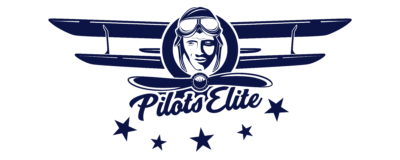
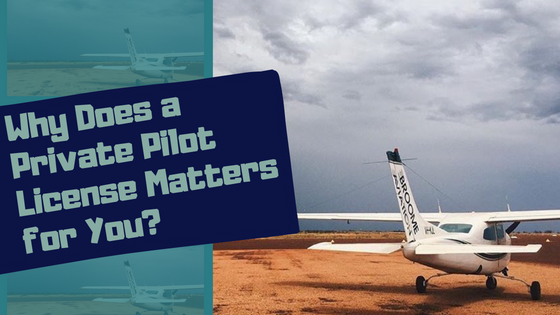
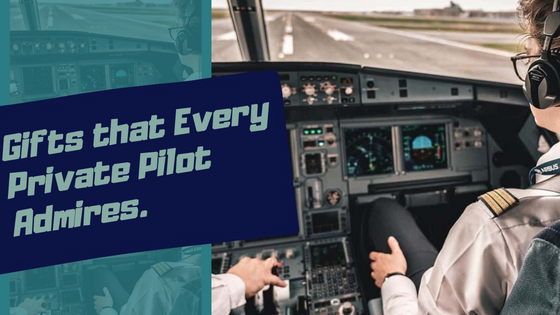
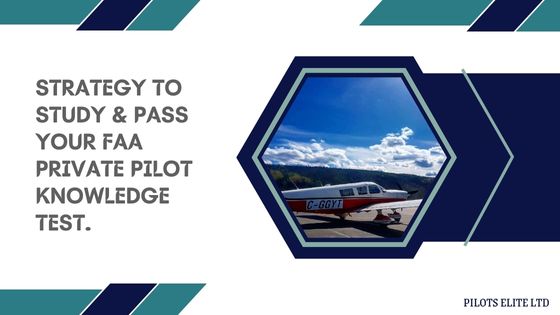
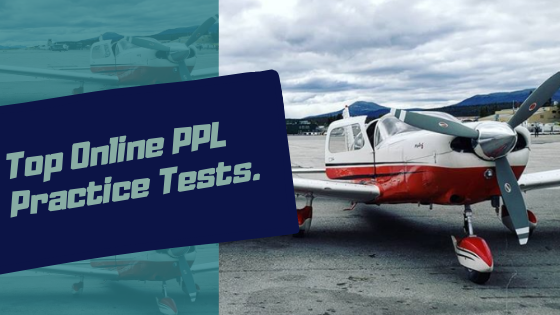
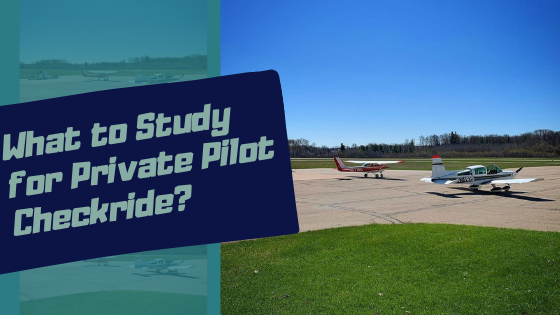
The Private Oral Exam Guide is designed to help prepare student pilots for the oral exam portion of their checkride with FAA examiners. All the subjects a Private Pilot candidate will be tested on during checkride and review flights are covered here. The Private Oral Exam Guide complies with the ACS Airman Certification Standards and recent FAA publications, rules, and procedures.